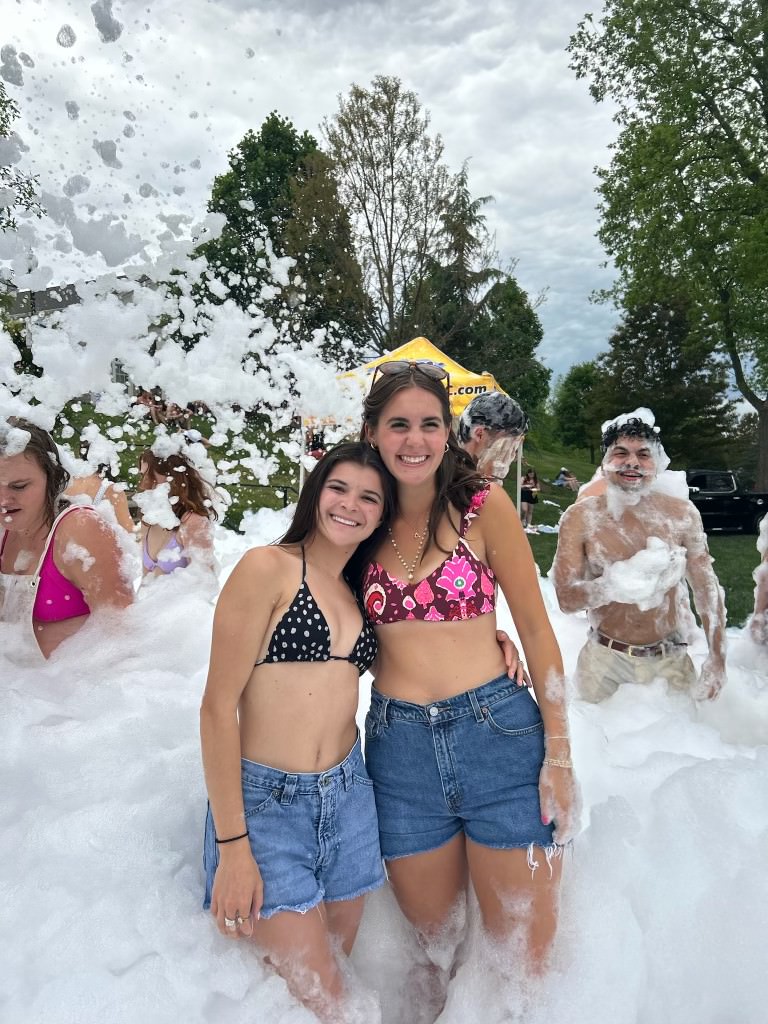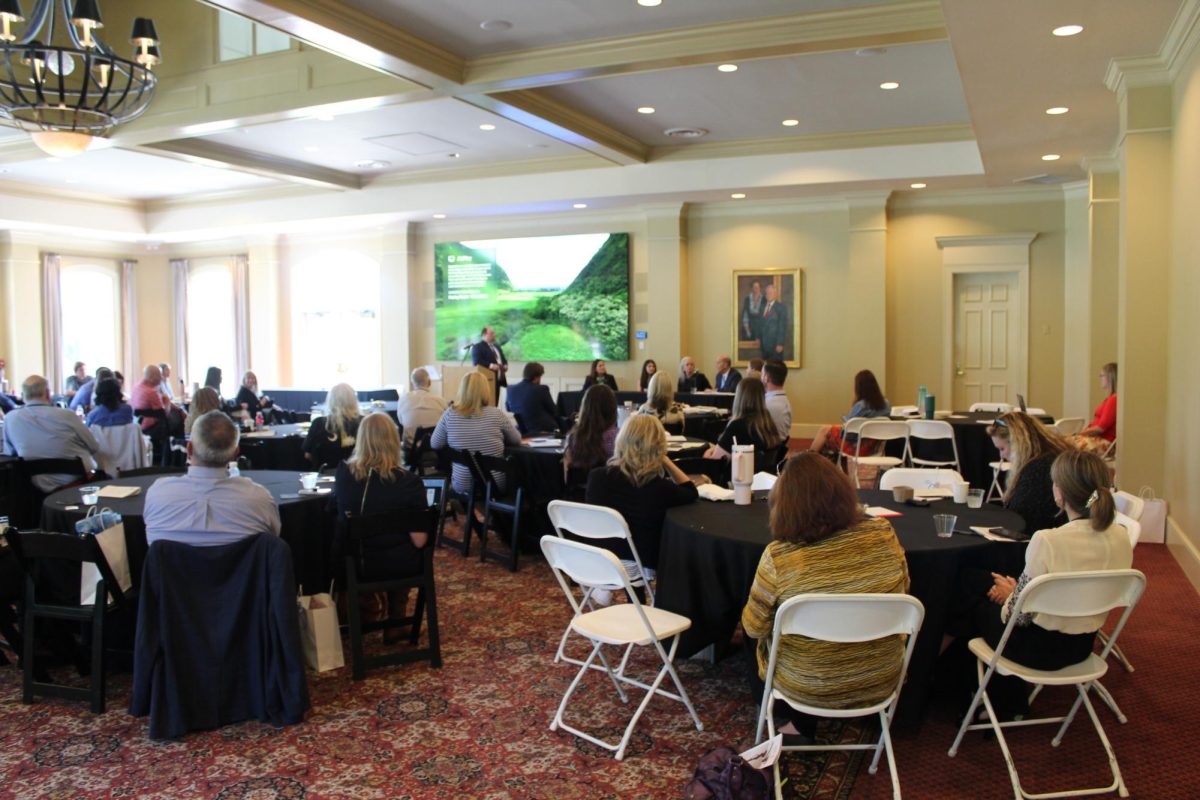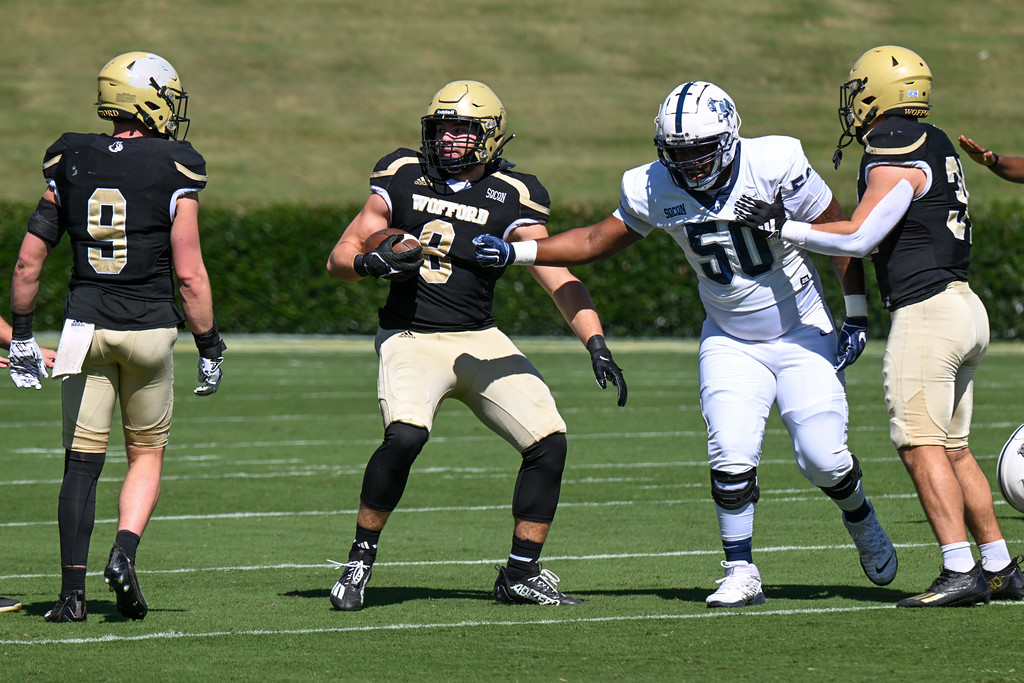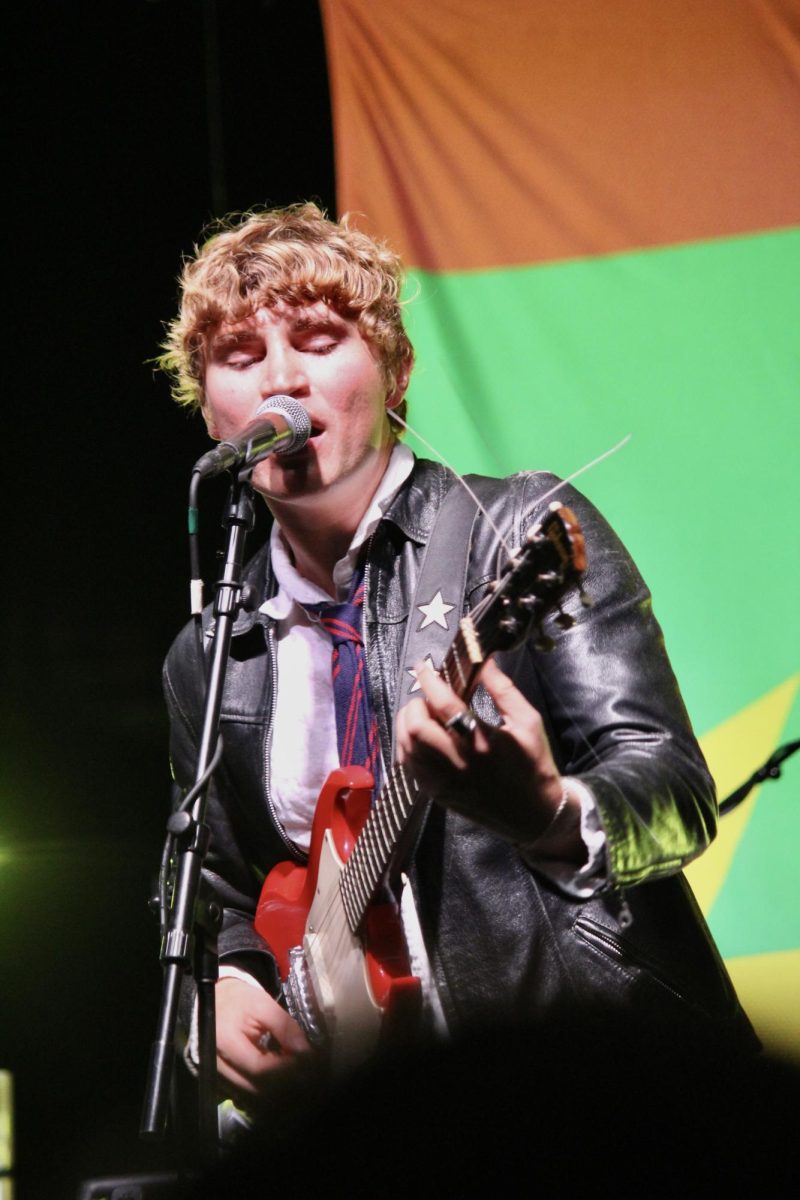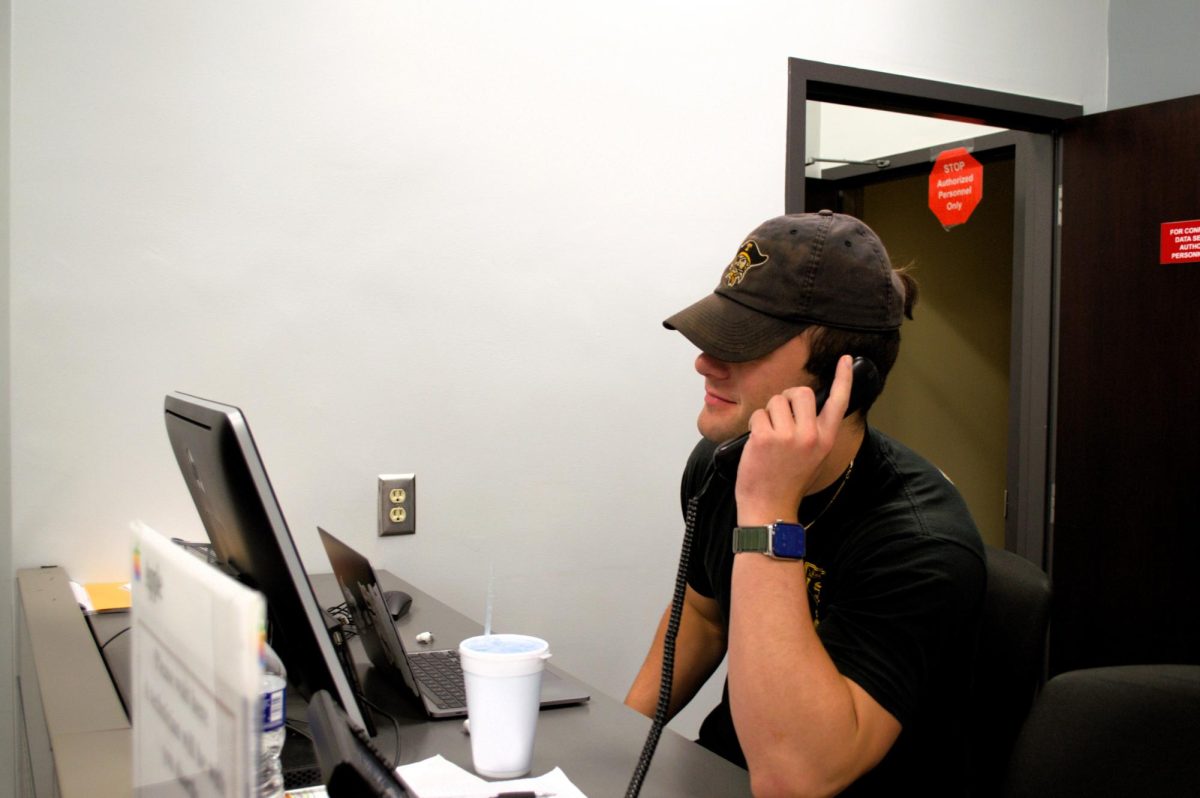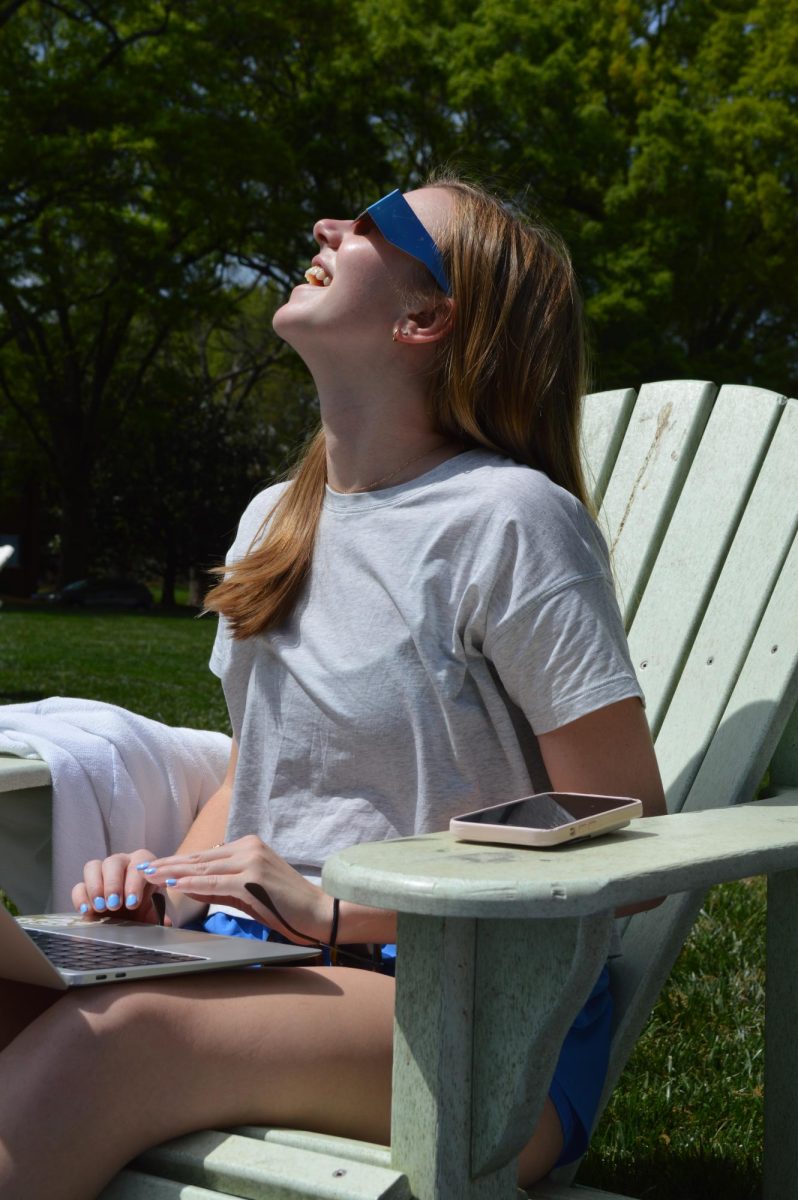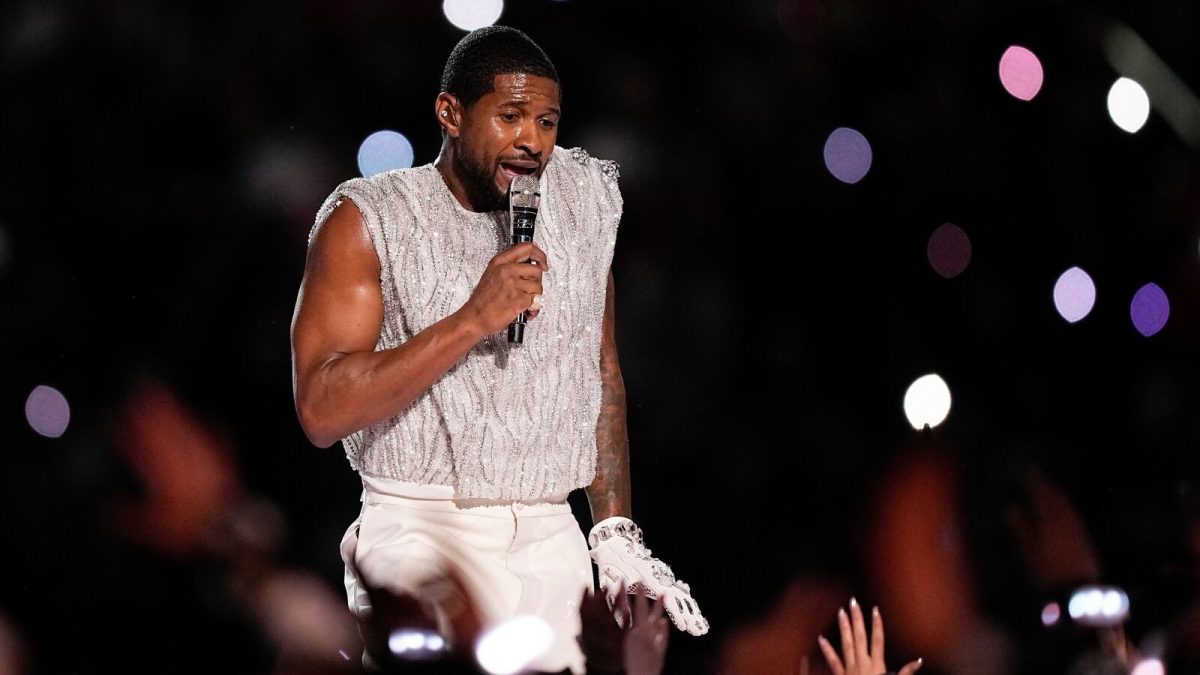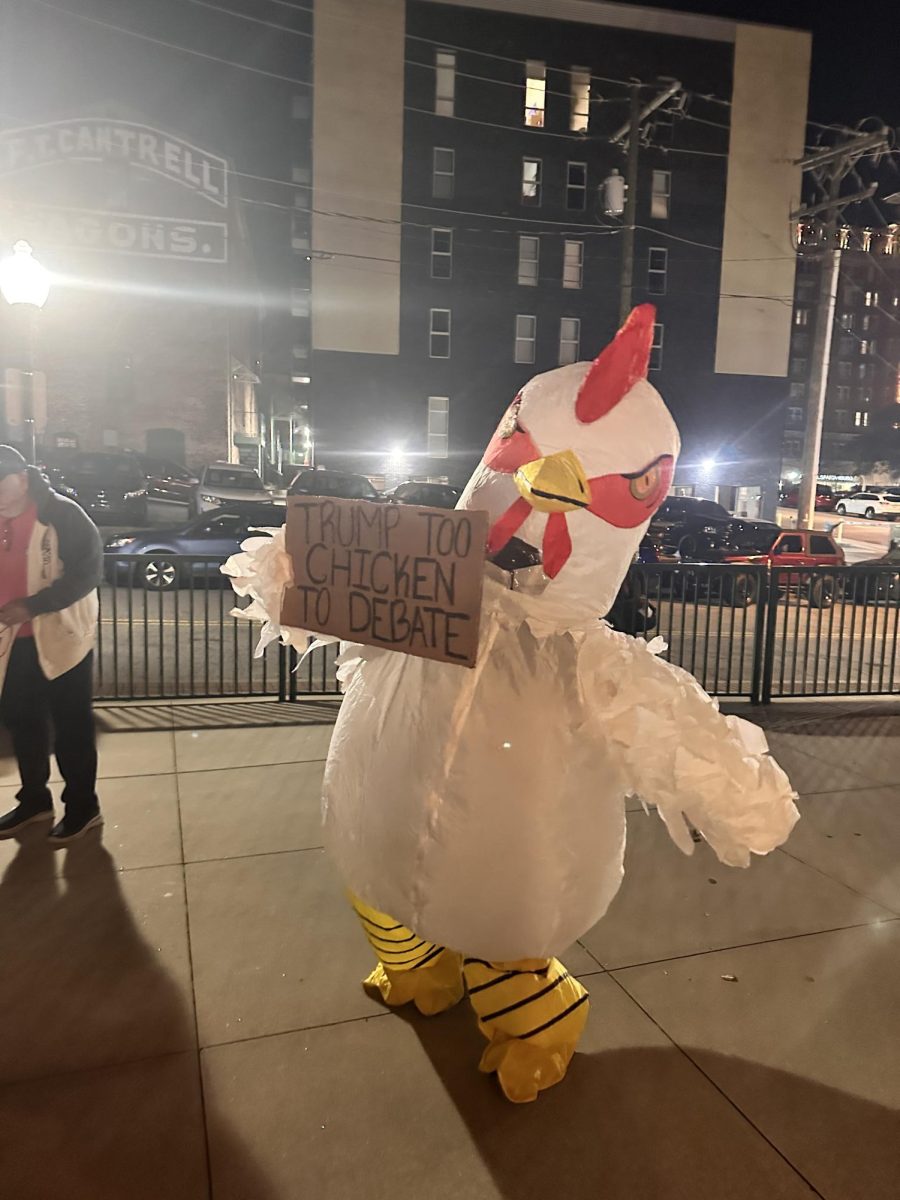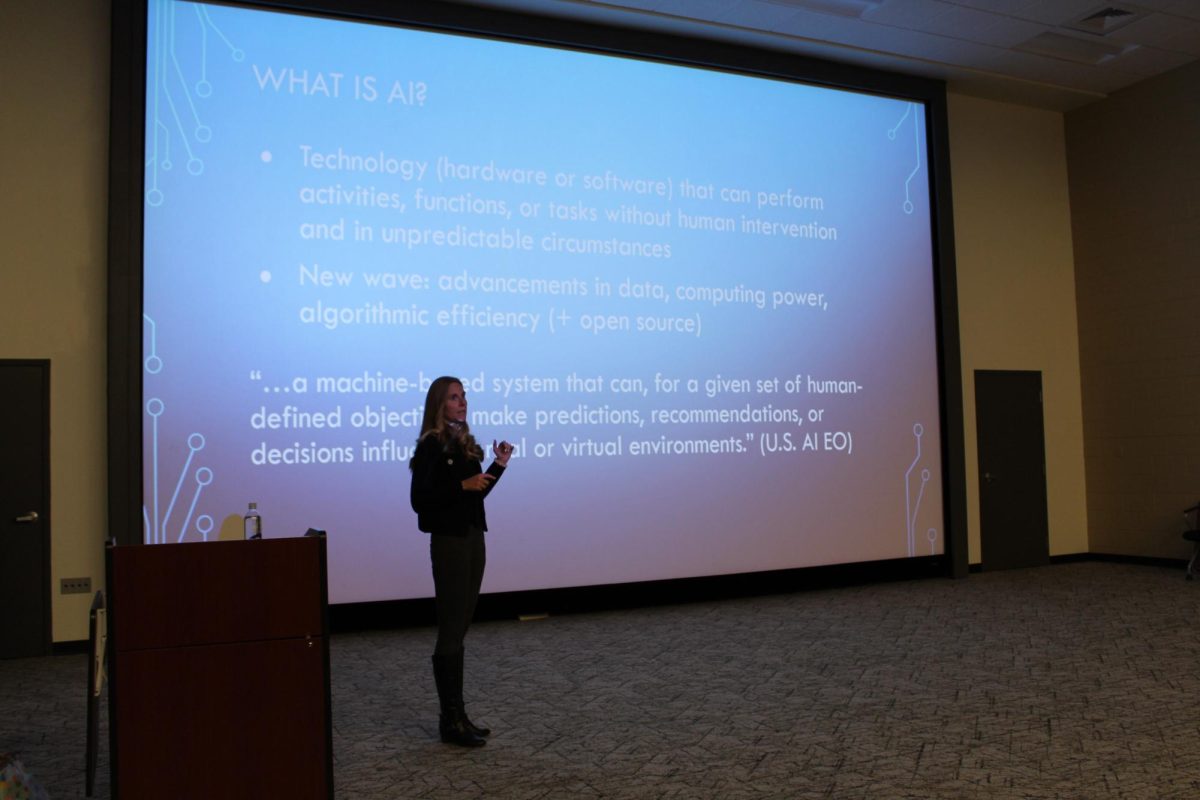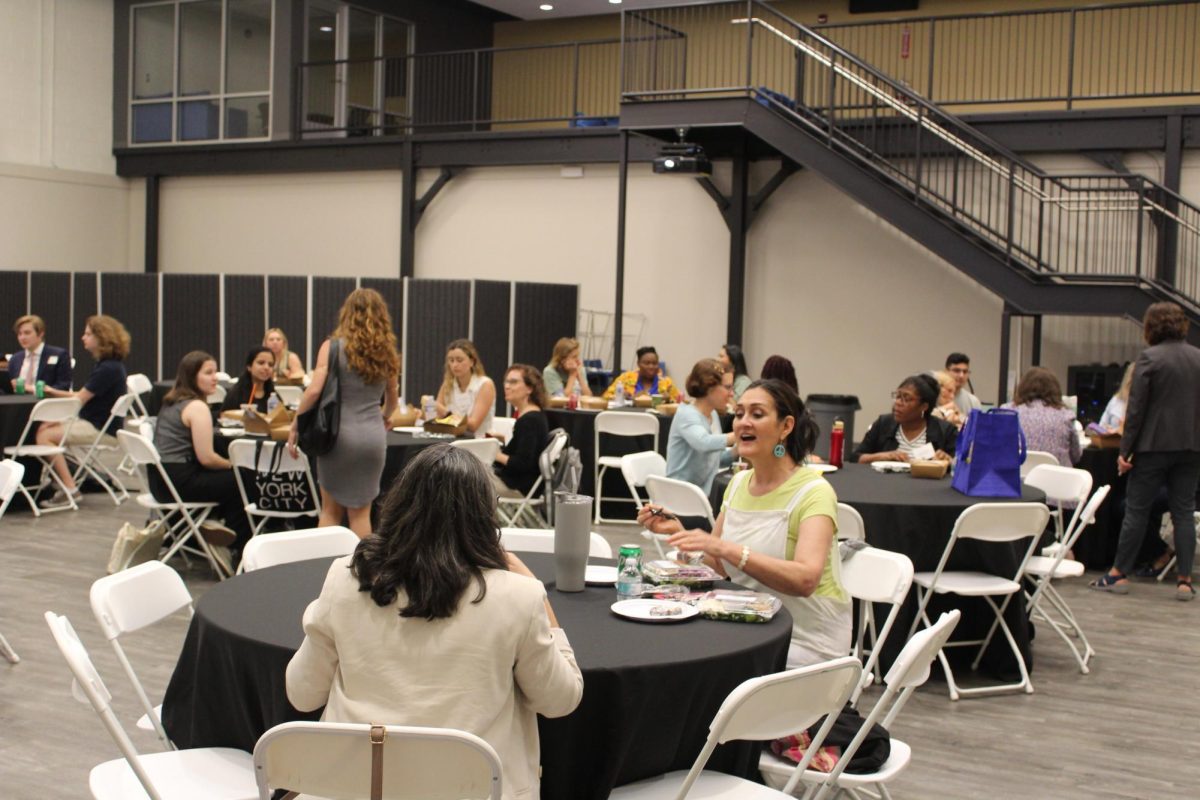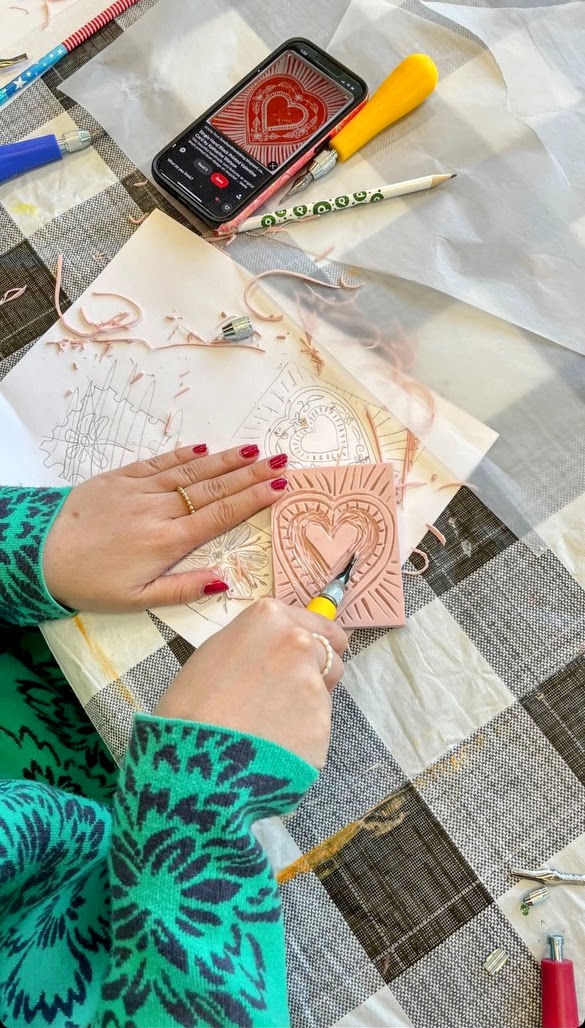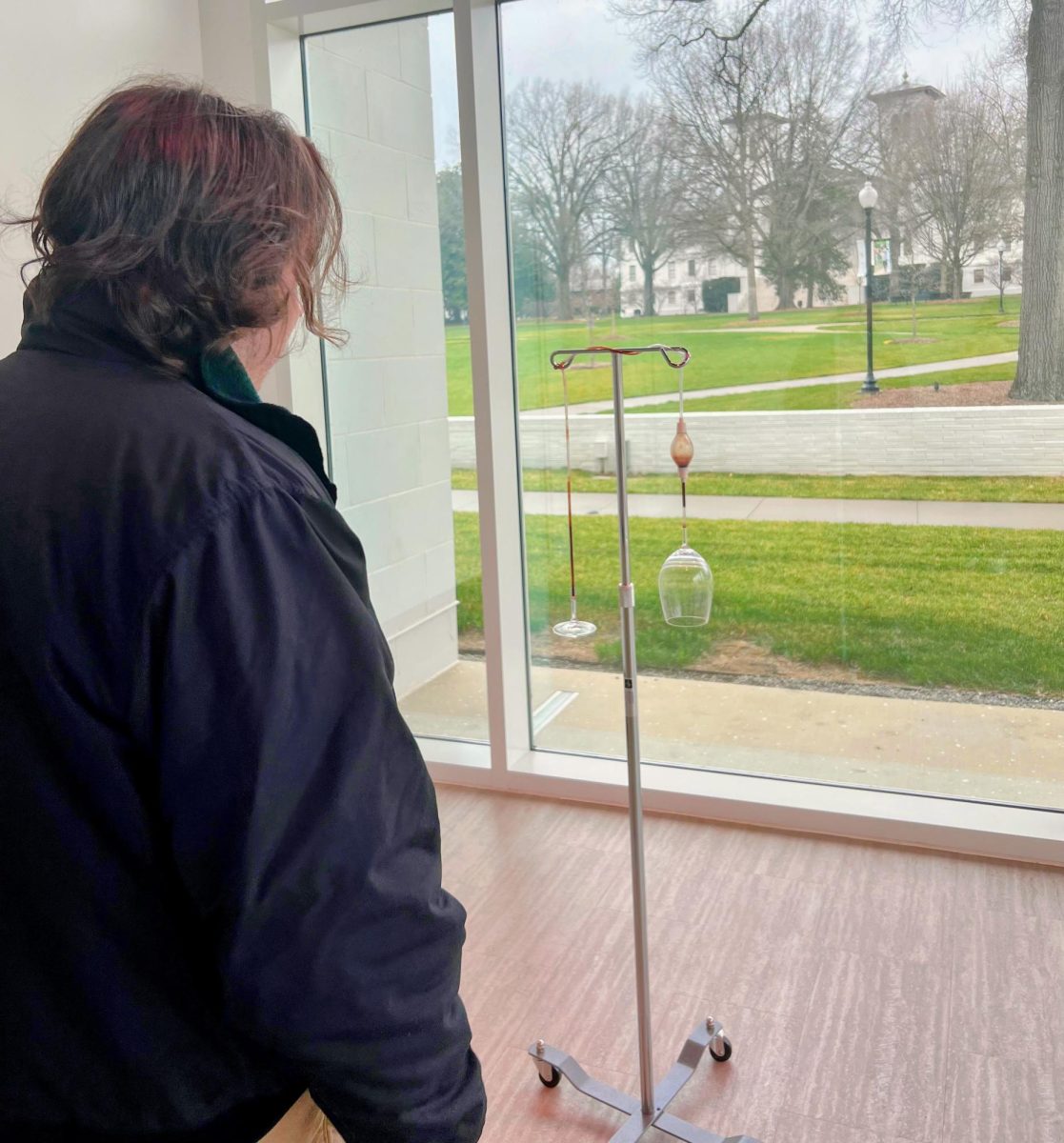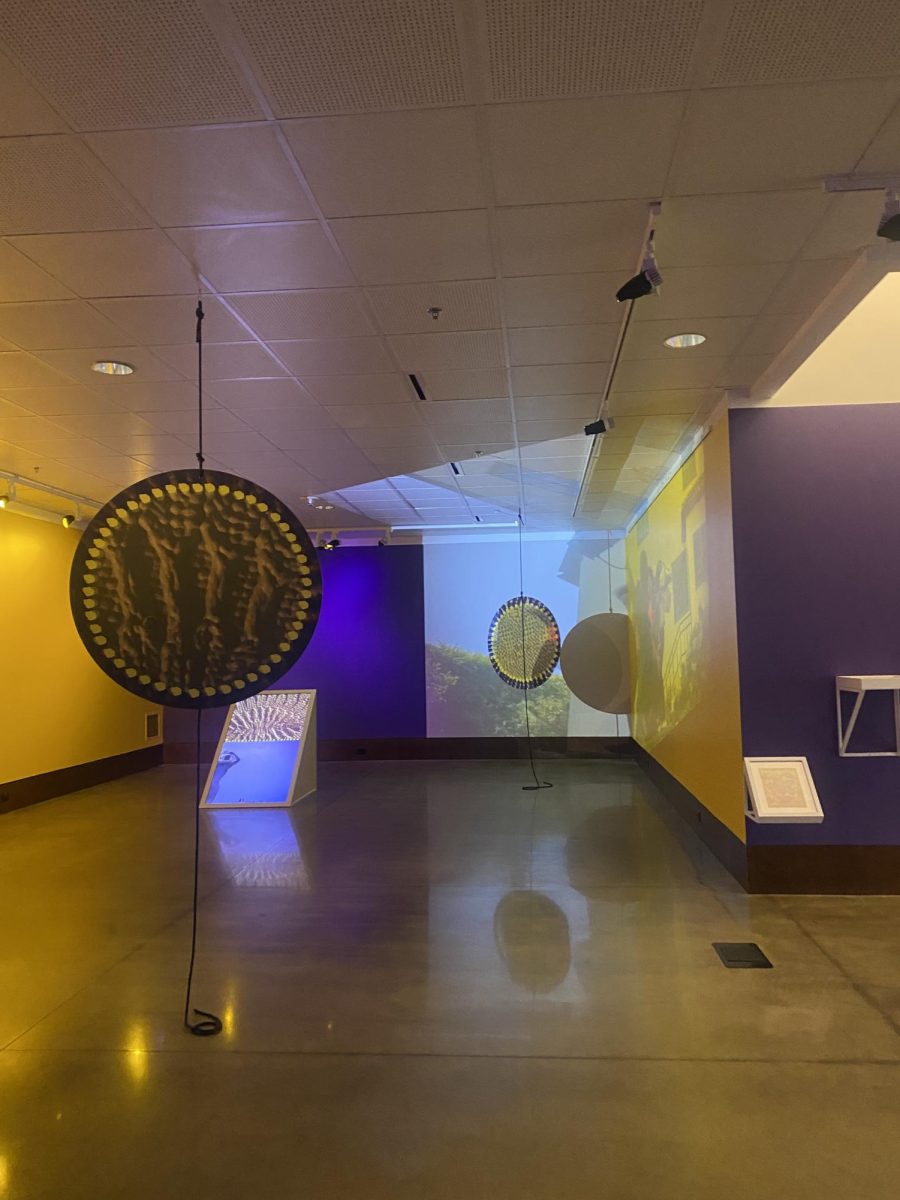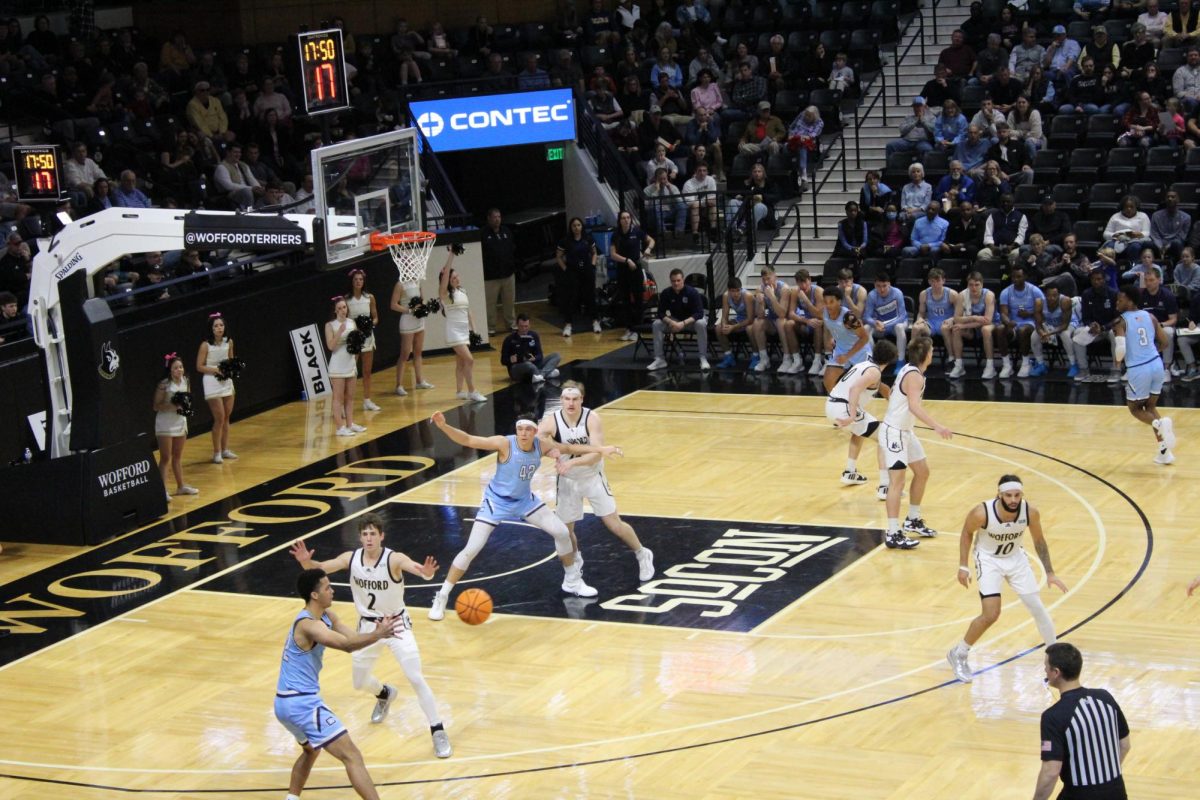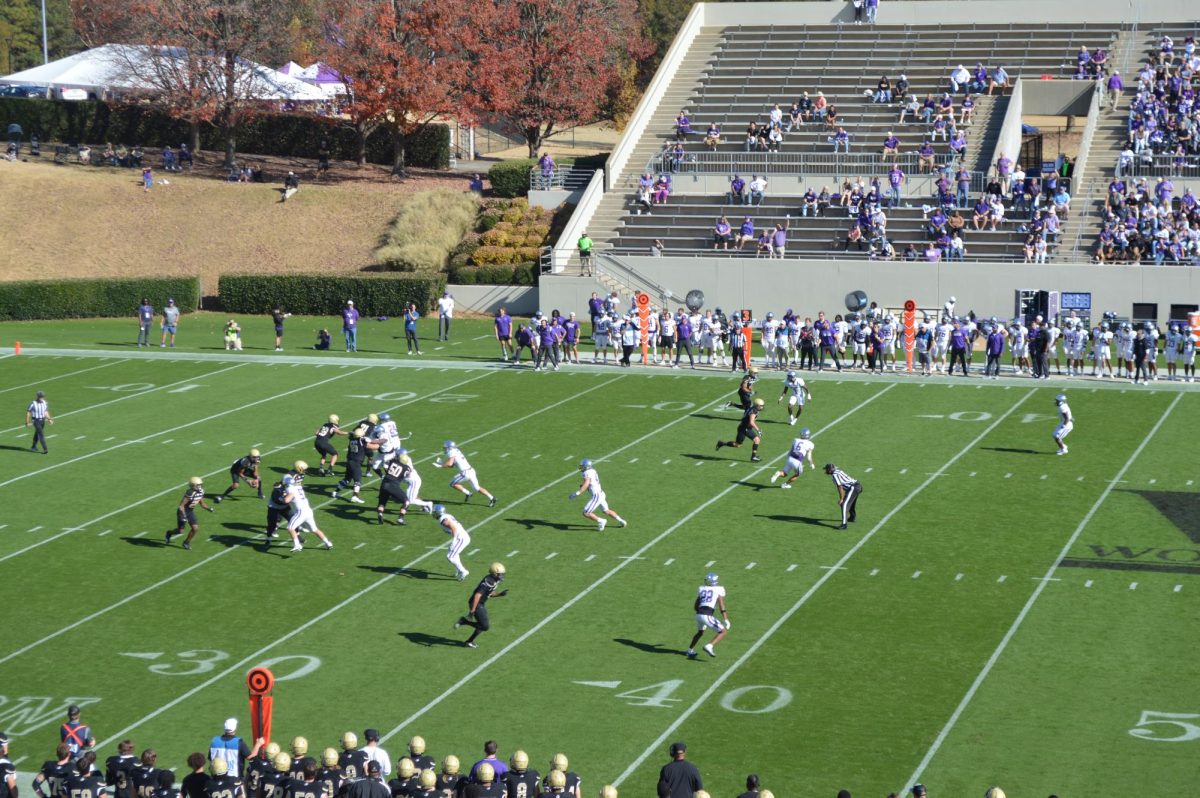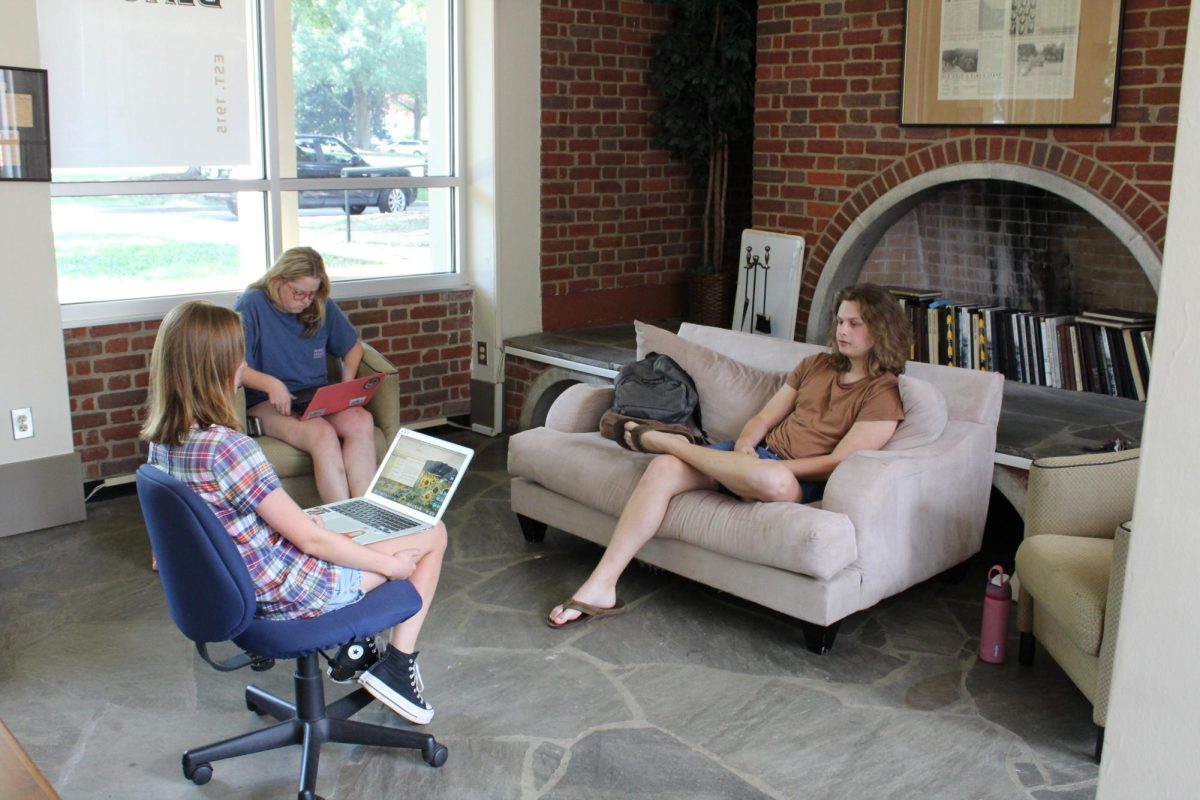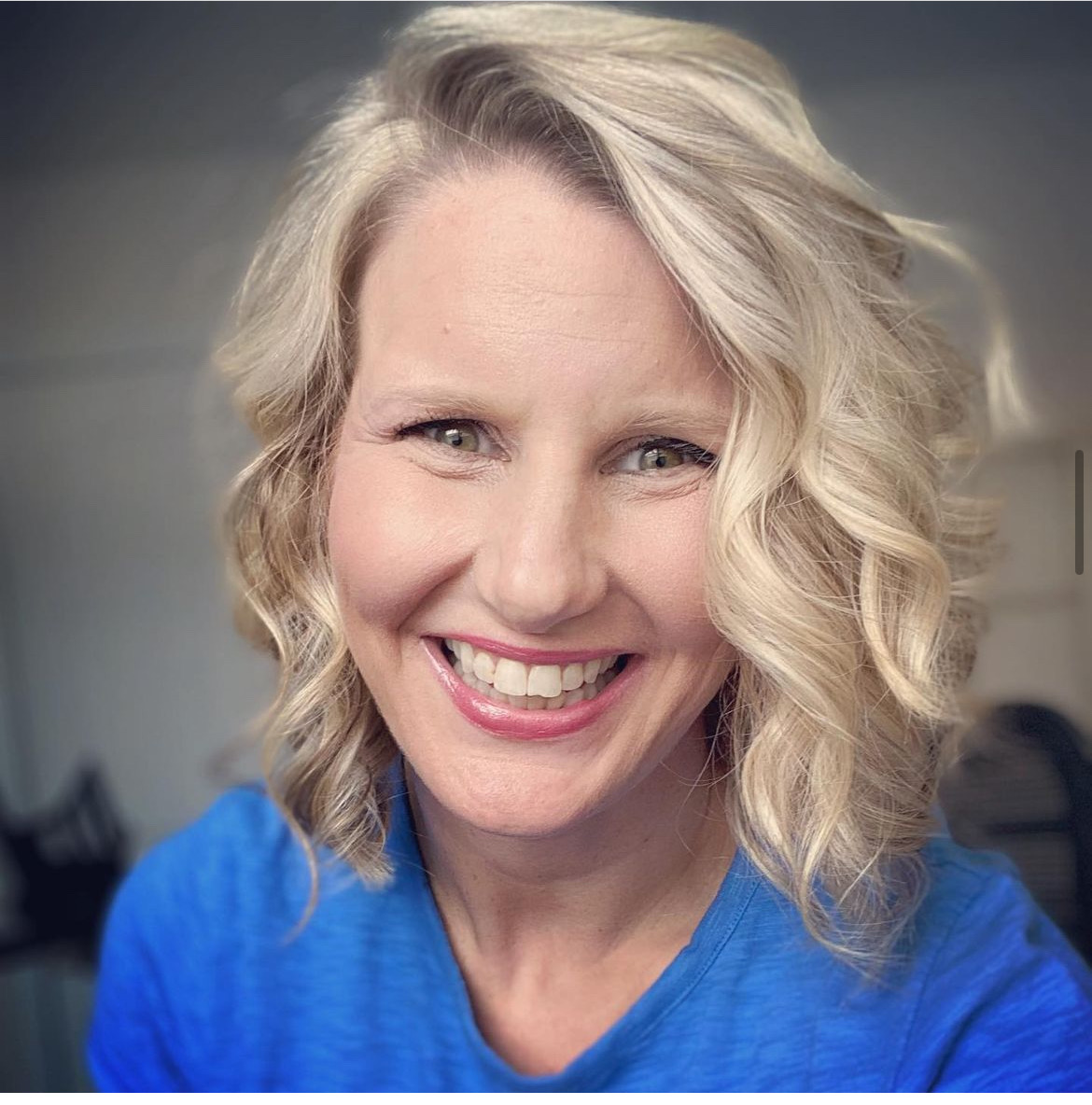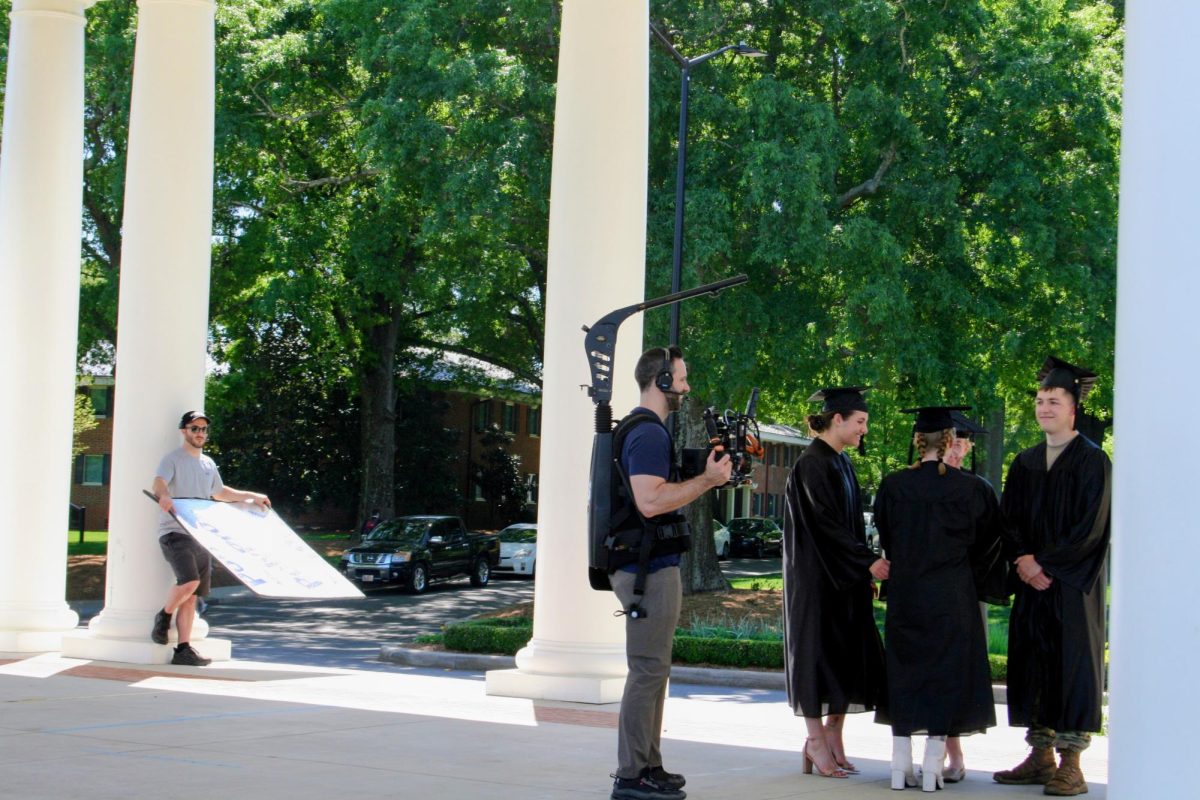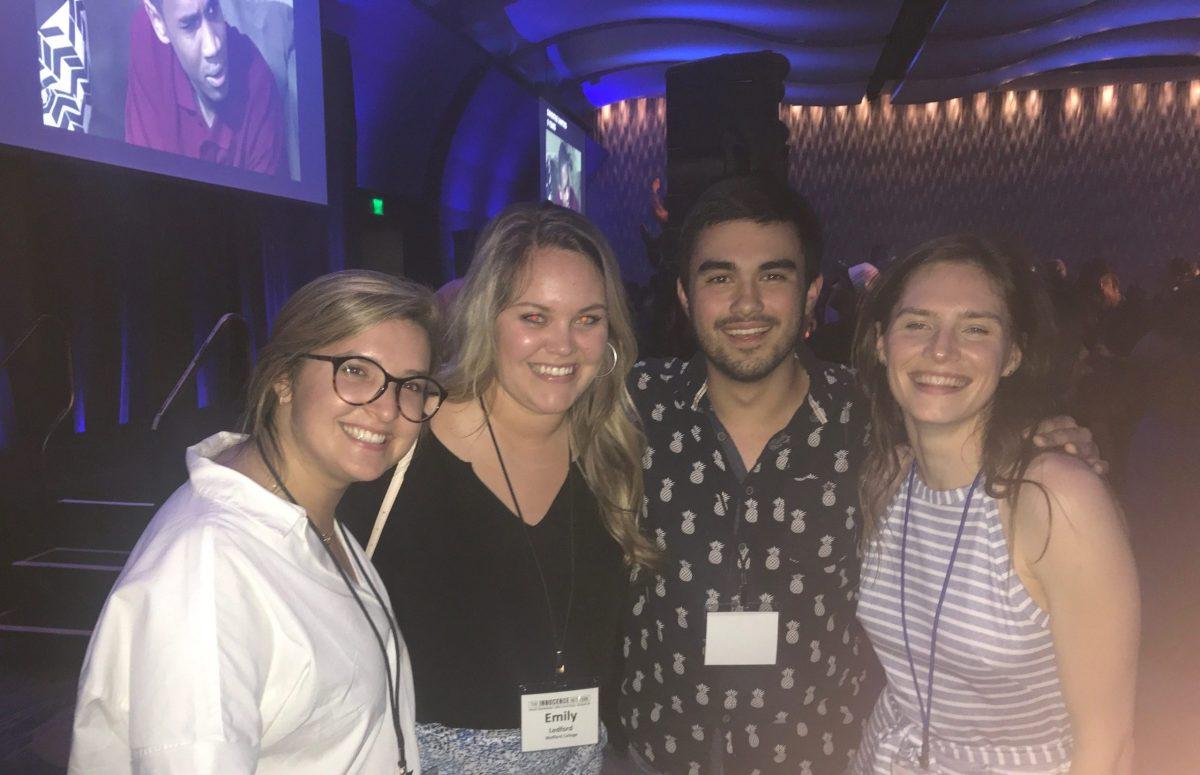Psychology students see impact of learning
Dr. McQuiston, professor of psychology, and three other Wofford students attended the Innocence Network Conference on April 12-13 in Atlanta. At this conference, the students were able to meet people who were wrongly convicted and were later freed by new evidence. They also learned about the problems with forensic science and the legal system that leads to people being wrongfully imprisoned.
The Innocence Network Conference is part of the Innocence Project, an organization with a mission statement addressing an endeavor to overturn wrongful convictions and free those who are falsely imprisoned. They cite six causes for wrongful conviction: jailhouse informants, inadequate defense, misused forensic science, government misconduct, false confessions and eyewitness identification. In order to free those who are wrongly imprisoned, the Innocence Project relies on DNA evidence to exonerate prisoners who were convicted using less accurate evidence. Using DNA evidence, over 300 people have had their convictions overturned and have been freed in America. The Project also provides support for the exonerees who need assistance recovering from the effects of imprisonment. The conference in Atlanta featured speakers that had been wrongly convicted, but were later freed due to the efforts of the Innocence Project.
In 2007, Amanda Knox and her boyfriend were accused of murdering Knox’s roommate while studying abroad in Italy. They were found guilty and sent to prison in Italy, despite the apparent lack of motive and the absence of a murder weapon. Knox and her boyfriend remained incarcerated for almost four years until their conviction was overturned in 2011. The Wofford students that attended—Emily Ledford, Dylan Hooper and DeLacy Rowland—were able to meet her at the Innocence Network Conference.
Along with meeting Knox, the group heard from the Central Park 5. In 1990, five black teenage boys were falsely accused of assaulting a white woman jogging in Central Park in New York, facing imprisonment as a result. The Innocence Project got involved, and after several years DNA evidence proved that they were innocent. At the conference, they shared their experience, and gave attendees advice about their rights as an accused person and potential interrogation methods that an accused person may encounter.
An expert in the science of eyewitness memory, Dr. McQuiston often testifies in court about the faultiness of eyewitness testimony. She says that, “mistaken eyewitness identification is responsible for around 75% of wrongful convictions.” Organizations like the Innocence Project often help to overturn cases based on eyewitness evidence.
At Wofford, she teaches her students about wrongful convictions: “As a psychological scientist, it is my hope that my research in the intersection of law and psychology will contribute to the evolving literature that provides a basis for criminal justice reform.”
Emily Ledford was one of the students who attended the conference with Dr. McQuiston. She, along with the other students, were able to meet Amanda Knox during a conference dinner, which she described as “the highlight of the entire weekend.” At the dinner, the Network announced a list of the innocent people that had been freed this year to the attendees.
“It was such a powerful moment to share in celebrating their freedom, but also so appalling at the same time. Some of the individuals introduced that night had served more than 40 years in prison for a crime they didn’t commit,” said Ledford.
Dylan Hooper also attended the conference. He is doing his senior thesis with Dr. McQuiston and said that he “learned a lot” from the conference, and that it brings “humanity” to what he is learning about false convictions in his psychology class with Dr. McQuiston.
At the conference, the students met with Puerto Rico’s branch of the Innocence Project. While many states have one, South Carolina does not, which surprised Hooper.
“South Carolina’s legal system is a little antiquated. As students, we can advocate for a South Carolina Innocence Project,” he said.
Hooper recommends this conference to anyone, but specifically, “any student that’s Pre-Law or Psych.”
Photo Caption: DeLacy Rowland, Emily Ledford, and Dylan Hooper meet exoneree Amanda Knox at the Innocence Network Conference.

